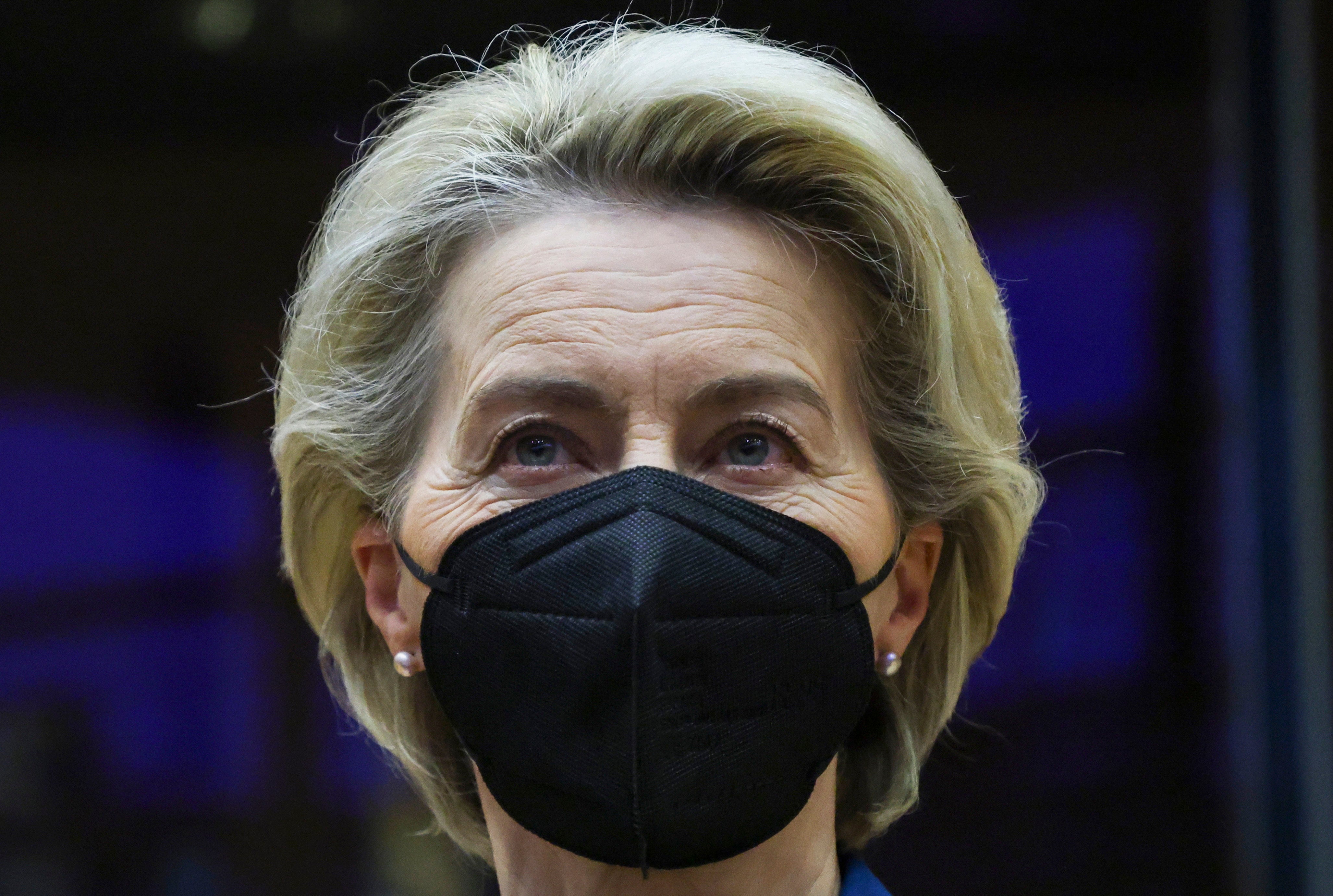EU Commission rebuked for not disclosing texts over Pfizer vaccine deal
Response to information request ‘amounted to maladministration’ says ombudsman

Your support helps us to tell the story
From reproductive rights to climate change to Big Tech, The Independent is on the ground when the story is developing. Whether it's investigating the financials of Elon Musk's pro-Trump PAC or producing our latest documentary, 'The A Word', which shines a light on the American women fighting for reproductive rights, we know how important it is to parse out the facts from the messaging.
At such a critical moment in US history, we need reporters on the ground. Your donation allows us to keep sending journalists to speak to both sides of the story.
The Independent is trusted by Americans across the entire political spectrum. And unlike many other quality news outlets, we choose not to lock Americans out of our reporting and analysis with paywalls. We believe quality journalism should be available to everyone, paid for by those who can afford it.
Your support makes all the difference.The European Union ombudsman accused the European Commission of maladministration on Friday for not disclosing text messages that the head of the EU executive Ursula von der Leyen exchanged with Pfizer chief Albert Bourla to seal a COVID-19 vaccine deal.
In an interview in April, von der Leyen revealed she had exchanged texts with Bourla for a month when they were negotiating a vaccine contract. But in response to a public access request by a journalist, the Commission later said no record had been kept of such messages.
“The narrow way in which this public access request was treated meant that no attempt was made to identify if any text messages existed,” said ombudsman Emily O’Reilly.
“The ombudsman found that this amounted to maladministration,” it said in a statement, asking the Commission to check again for the relevant messages and to reply to the recommendation by April 26.
A spokesman for the Commission later on Friday declined to comment about whether the texts had been cancelled and whether they were exchanged with a private or a professional telephone.
He told journalists the EU executive would reply to the ombudsman by the deadline and noted EU rules required the Commission to register documents, with no specific requirement to store text messages as long as they were not treated as documents.
The ombudsman’s recommendations are not binding but usually trigger heightened scrutiny from the European Parliament.
“The European Commission has become less transparent, less accountable to the European Parliament and frankly more unhinged from European democracy,” said liberal European lawmaker Sophia In ‘t Veld, who is a member of the same grouping as French President Emmanuel Macron’s party.
The deal negotiated via text messages and calls, according to what von der Leyen herself said in her interview with the New York Times, was the biggest contract ever sealed for COVID-19 vaccines, with the EU committing to buy 900 million Pfizer-BioNTech shots, with an option to buy another 900 million.
When the deal was formally announced in May, the EU had already secured hundreds of millions of vaccines from several drugmakers, including another 600 million doses from Pfizer and BioNTech under two previous contracts with the two companies.
Reuters
Join our commenting forum
Join thought-provoking conversations, follow other Independent readers and see their replies
1Comments